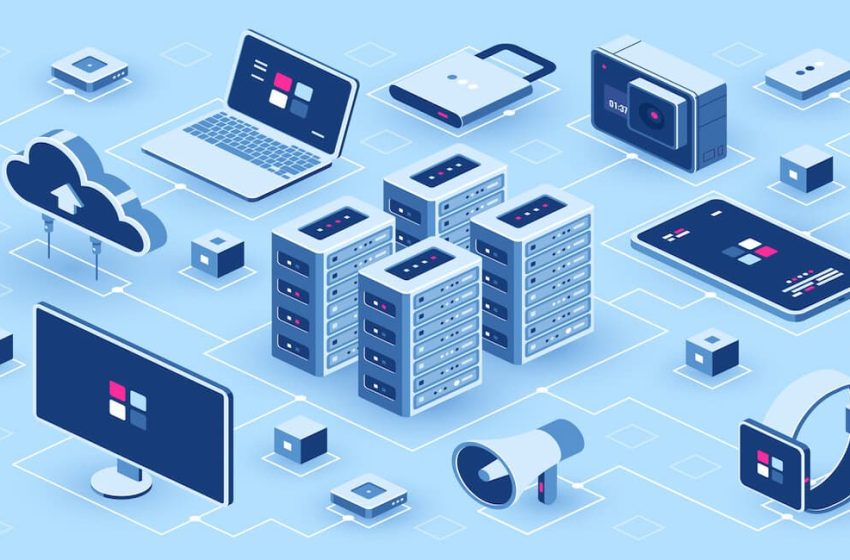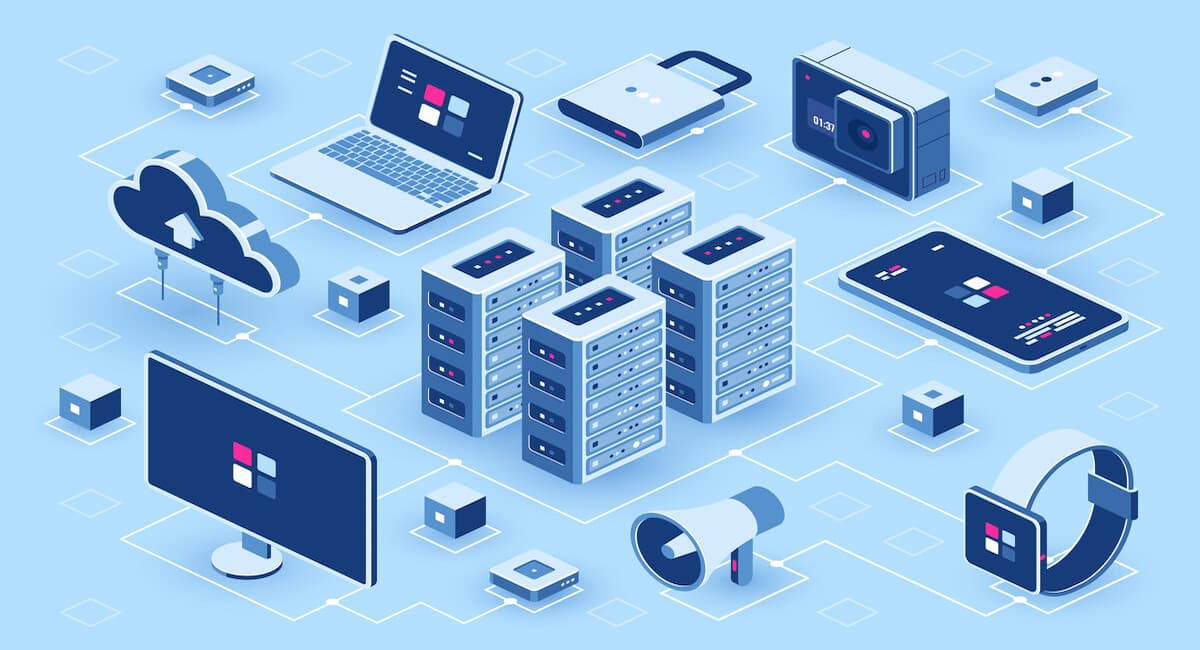AI Recruiting Software: Shaping the Future of Hiring

Artificial Intelligence (AI) has made its mark on countless industries, and recruitment is no exception. AI recruiting software is revolutionizing how companies attract, screen, and hire talent, streamlining the process and making it faster and more accurate. From automating resume reviews to predicting which candidates are most likely to succeed, AI tools allow recruiters to focus on what matters most: finding the right person for the job. This article explores what AI recruiting software is, how it works, its benefits, challenges, and what lies ahead for AI in recruitment.
What is AI Recruiting Software?
AI recruitment software leverages machine learning, algorithms, and automation to assist companies in various stages of the hiring process. From sourcing potential candidates to predicting performance outcomes, AI reduces the time and effort required in traditional recruiting. These tools improve efficiency, accuracy, and decision-making by analyzing data to deliver actionable insights.
How AI Recruiting Software Works
1. Automated Resume Screening
One of the most time-consuming tasks for recruiters is manually reviewing resumes. AI simplifies this by automatically scanning and sorting resumes based on key criteria such as skills, qualifications, and experience, allowing recruiters to focus on the top candidates.
2. Candidate Sourcing
AI tools help recruiters find both active and passive candidates by searching through online job boards, social media platforms, and internal databases. By doing this, they ensure a larger talent pool is considered, improving the chances of finding the best fit.
3. Interview Scheduling
Scheduling interviews can be a logistical headache, especially when coordinating across multiple calendars. AI recruiting software automates this process, selecting mutually convenient times for both candidates and recruiters, sending invitations, and handling confirmations.
4. Predictive Hiring Analytics
AI recruiting tools use historical data from previous hires to predict how well a candidate will perform in a specific role. This helps recruiters make more informed, data-driven decisions and select candidates who are more likely to succeed long-term.
5. Candidate Assessments
AI can also be used to assess a candidate’s skills, personality traits, and cultural fit through tests and questionnaires. This provides deeper insights into a candidate’s suitability beyond what their resume shows, giving companies a more holistic view of each applicant.
Key Benefits of AI Recruiting Software
1. Faster Hiring Process
By automating repetitive tasks like resume screening and interview scheduling, AI speeds up the entire recruitment process. This allows companies to reduce time-to-hire, getting the best candidates in the door faster.
2. Reducing Bias in Hiring
AI recruiting software is programmed to evaluate candidates based on objective criteria like skills and experience, minimizing the influence of unconscious bias. This promotes a fairer, more inclusive hiring process, where candidates are judged solely on their qualifications.
3. Improved Candidate Experience
With AI handling routine tasks, candidates experience a smoother, more responsive hiring process. Automated communication keeps candidates informed about their application status, while AI-powered scheduling reduces waiting times for interviews.
4. Data-Driven Decision Making
AI recruiting software provides recruiters with detailed data and analytics to guide their hiring decisions. By leveraging this data, companies can improve the quality of their hires and ensure better job fit, leading to higher retention rates.
5. Handling Large Application Volumes
For high-demand roles that attract a large number of applicants, AI recruiting software is invaluable. It can quickly filter out unqualified candidates, ensuring recruiters only spend time on the most promising candidates.
Challenges of AI Recruiting Software
1. Data Privacy Concerns
AI recruiting software handles sensitive personal information, making data privacy and security critical concerns. Companies must ensure compliance with data protection regulations like GDPR to safeguard candidate data.
2. Potential for Algorithmic Bias
While AI can reduce human bias, it can also perpetuate bias if it’s trained on biased data. If past hiring patterns were skewed, AI may replicate those biases unless carefully monitored and adjusted.
3. Cost of Implementation
AI recruiting software can be expensive to implement, particularly for small to medium-sized businesses. While the long-term return on investment may be significant, the upfront costs can be a hurdle for smaller companies.
Popular AI Recruiting Software Tools
There are several AI recruiting platforms making waves in the industry, each with unique features to streamline the hiring process:
- HireVue: A platform that uses AI for video interviewing, analyzing verbal and non-verbal cues to assess candidate suitability.
- Pymetrics: Uses neuroscience-based games and AI to evaluate candidates’ cognitive and emotional traits, matching them to roles where they’re likely to succeed.
- Greenhouse: A full-scale recruitment platform that integrates AI to optimize the entire hiring process, with a strong focus on diversity and inclusion.
Future Trends in AI Recruiting
1. Personalized Candidate Engagement
As AI technology evolves, it will offer more personalized interactions with candidates, tailoring job recommendations and communication to individual preferences and profiles.
2. Enhanced Diversity and Inclusion
AI will play a critical role in eliminating bias from the recruitment process, helping companies attract more diverse candidates. It will also identify and remove biased language from job descriptions and ensure fair hiring practices.
3. AI for Employee Retention
Beyond recruitment, AI is poised to help with employee retention. By analyzing data on employee performance, satisfaction, and engagement, AI tools can predict potential turnover and suggest retention strategies.
Conclusion
AI recruiting software is transforming the recruitment landscape by automating tasks, providing data-driven insights, and reducing bias in hiring decisions. The key benefits include faster hiring, enhanced candidate experiences, and better decision-making, but companies must also be mindful of challenges like data privacy and algorithmic bias. As AI continues to evolve, it will bring even more personalization, fairness, and efficiency to the hiring process, shaping the future of recruitment.
FAQs
-
What is AI recruiting software?
AI recruiting software automates various hiring tasks, such as resume screening and interview scheduling, using machine learning and data analytics. -
How does AI reduce bias in the recruitment process?
AI tools assess candidates based on objective criteria like qualifications and skills, minimizing the influence of unconscious bias. -
What challenges come with using AI recruiting software?
The main challenges include data privacy concerns, the potential for algorithmic bias, and the high cost of implementation for some businesses. -
How does AI improve the candidate experience?
AI automates communication, keeps candidates informed, and reduces waiting times, resulting in a smoother and more engaging hiring process. -
Which AI recruiting platforms are most popular?
Top platforms include HireVue for AI-enhanced video interviews, Pymetrics for neuroscience-based assessments, and Greenhouse for optimizing end-to-end recruitment.


